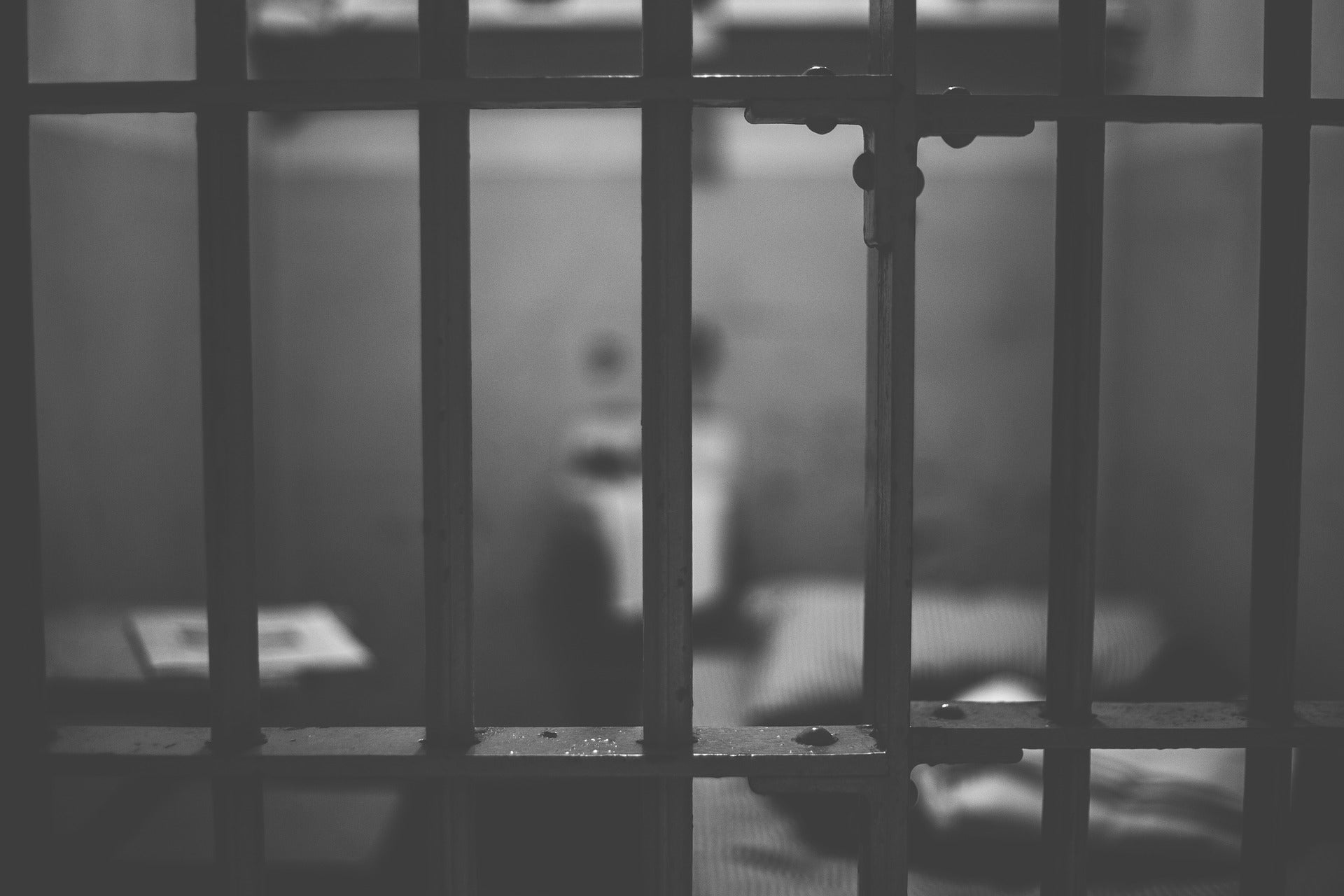Northpoint land suggested for Boyle-Mercer jail
Published 6:50 pm Monday, March 11, 2019

- Public domain
If Boyle and Mercer counties decide to build a new jail, one idea being floated is to build on land owned by Northpoint Training Center, a state prison in north Boyle County.
“The warden has said he’s OK with it, but it has to come from the (state) level,” Boyle County Jailer Brian Wofford said. “… It has been offered by Northpoint but it has to come from Frankfort.”
No specifics of the idea have been nailed down; Warden Brad Adams has identified one area where it could work to build a jail, which would provide the counties with their own separate entrance, Wofford said. But if the counties ultimately decided to build a new jail and Justice Secretary John Tilley’s office ultimately decided to allow Northpoint land to be used, it could wind up being in a different area, he explained.
A request for comment made to Northpoint resulted in a statement issued by Lisa Lamb, director of communications for the Kentucky Department of Corrections: “There is no commitment from us or plan at this time to donate land for the construction of a new Boyle County jail.”
Wofford explained Monday the state has not been approached about the idea yet.
The idea could theoretically save the counties the cost of purchasing land if they move forward with constructing a new jail. Boyle County Magistrate John Caywood said the location — land that is already used by a prison in rural Boyle County away from residential areas — would mean “you don’t have a neighborhood issue, either.”
Boyle County Judge-Executive Howard Hunt said the idea is a good example of how Warden Adams is working to improve community relations. Members of the Boyle-Mercer Criminal Justice Coordinating Council (CJCC) said while Northpoint is located in Boyle County, it was given a Burgin address — a city in Mercer County — because people at the time didn’t want to view the prison as a part of Boyle County.
Since Adams took over in August, he has been “making great strides … to answer any questions that the community has, concerns, issues, whatever,” Hunt said.
“I like that. He wants to be a valuable, valued member of our communities,” he said. “It’s a good way to do it, rather than us just (saying), ‘Oh, they’re not out there; they don’t belong to Boyle County; that’s a Mercer County bad bunch out there — those days are over.”
A comprehensive jail study completed for Boyle and Mercer fiscal courts last year found that their shared jail, the Boyle County Detention Center, is chronically overcrowded and “inadequate” to provide constitutionally required levels of medical and mental health care for the inmates.
“… Many inmates cannot receive adequate levels of care due to lack of medical and mental health classification housing areas and cells,” according to the study.
The study recommends building a new 450-bed jail, at an estimated cost of nearly $34 million. It also lays out other options, including renovating the existing jail, which would have an estimated total cost of almost $36 million.
Building off the report
On Friday, the CJCC formed three subcommittees that have been tasked with developing recommendations for how to respond to the study’s findings. The subcommittees are focused on:
• jail programming and designed development;
• diversion; and
• behavioral health.
The jail-design committee isn’t expected to meet until more details are received about potential costs from Brandstetter Carroll, the consulting company that produced the study, Jailer Wofford said. The diversion and behavioral health committees have been asked to develop recommendations and present them to the full CJCC in April.
Wofford said the Behavioral Health Committee is expected to develop recommendations based on his plan to ask for funding in the next fiscal year to hire a part-time qualified mental health professional and a part-time case worker.
The mental health professional would help the jail address a lack of mental health services available for inmates currently, Wofford said.
“We’re not meeting the constitutional level of care. Basically what we do now is we use triage,” he said.
“Mental health care is limited to medication without individualized psychotherapeutic treatment plans, individual or group treatment,” the study reads. “… The facility lacks sufficient capacity and is poorly designed to deliver the most basic mental health care.”
When an inmate is apparently experiencing mental health issues — if they seem to be off their medications or suicidal, for example — jail staff call a state-provided triage line, which is run by Bluegrass.org.
The jail has one cell designed as a suicide watch cell. When there’s more than one inmate in need of such a cell, the jail uses its detox cells, of which it has four, Wofford has said previously.
“… The only thing we are doing is keeping them from harming themselves and harming others,” Wofford said Friday. “That doesn’t really fit (state law) and what we’re supposed to be providing.”
Wofford said the mental health professional would work primarily with county inmates at the jail, but could also provide services to state inmates.
The part-time case worker Wofford wants to hire would work with people after they are released, making sure they can find housing and receive appropriate medical care, for example, he said.
“I feel like that’s an important part because if we do all this work on the inside and they walk out and there’s no after-care, we’ve wasted our money,” Wofford said.






